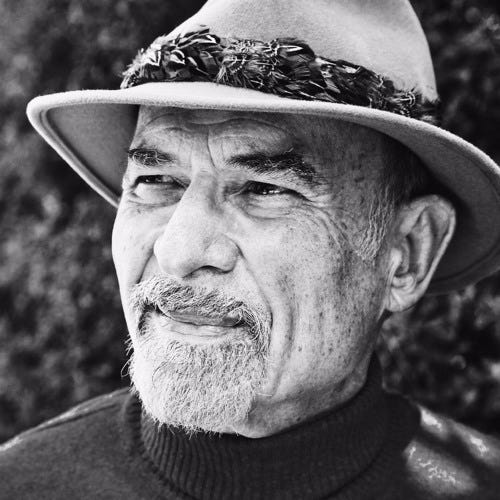Some weird new federal SARS-CoV-2 vaccine guidance - in layman's terms.
 |
| Variant soup ingredients from April 2025 |
But first, remember that, when it comes to vaccinations, Covid is like the flu, not like measles or polio. It's not one and done because the virus mutates so easily and quickly. Every few months we permit new variants to add to the mix by letting them spread and mutate, and only sometimes does anyone important mention the variety of variants out there. (By contrast, for rates of illness and death, Covid is a lot like measles and polio in the unvaccinated death and disability rate. It's a serious disease!)
Like the flu, we need regular access to vaccinations. If people ask how many Covid shots you've had, ask them how many flu shots they've had. It's the same silly question.
If you've never been vaccinated for it, get two shots this year.
If you have been getting shots, the guidelines say you should get one a year if you're pregnant, over 65, in congregated living, a health care worker, part of a listed racialized group, or have an underlying medical condition that's associated with more severe infection, which includes diabetes and cancer and other medical conditions, but also obesity, and disabilities like ADHD, and mental health disorders like depression (but not anxiety).
Luckily, you don't have to prove you have an underlying condition because anyone may (is allowed to) get one shot. They'll come out with a new shot this fall, but who knows when that will be!
The vaccination is protective for less than six months, so you might want two shots a year. But good luck with that!
According to their collective wisdom, you should get two shots if you're over 80, in congregated living, or moderately to severely immunocompromised due to an underlying condition. I don't think claiming severe ADHD will work, but no harm trying! You may get two shots if you're 65 to 79.
So despite that most infections come from schools, all those kids spending their days in a school building, from junior kindergarten to university, can get a shot in September, but then are just sitting ducks come February. Make it make sense!
A good N95 is still your best bet to avoid this preventable disease!


















